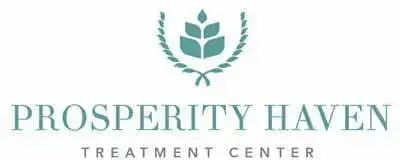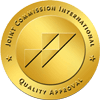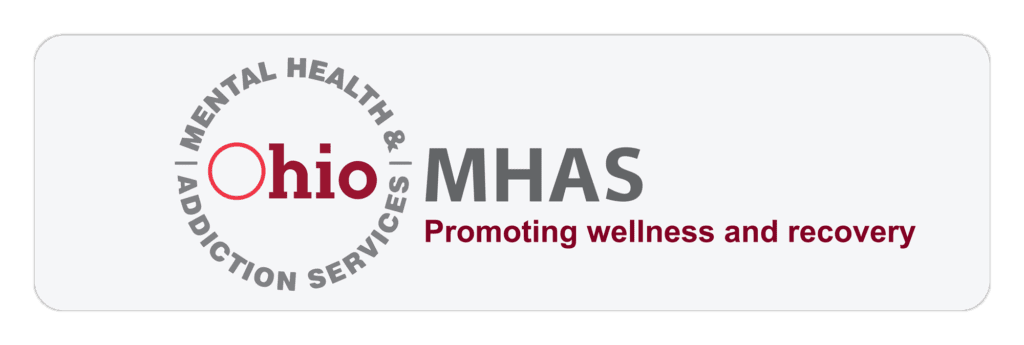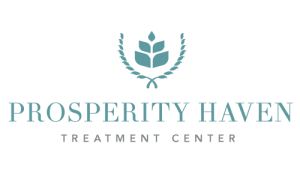The psychological and emotional factors which so often underlie a substance abuse addiction tend to fester while a person is under the influence. While they may sometimes be aired out, it is most often that this is not accomplished in any way which produces lasting health or resolution. Once addiction recovery begins, so does the time of genuine healing.
Creativity has been utilized as an way to effectively address these types of mental health conditions which have historically been related to addiction. Art psychotherapy provides an avenue for bringing issues such as trauma, stress, anxiety, or depression to the forefront, and for the purpose of relieving the burden that these areas of psychological concern can impose on our progress.
Creativity can provide both the means to uncover our deeper issues and how to process them. The following are four ways that creative therapy can support your recovery from addiction.
1. Freedom of Emotional Expression
There is something about the arts which allow for ideas which are considered complex to flourish. Throughout the ages, creative art forms have been used to express everything from discontent with government, to spiritual enlightenment, to the enjoyment of romance. Artistic mediums allow for expression to occur beyond the confines of conventional language, and can enable a person to tap into the deeper issues which tend to stay lodged in the subconscious.
The field of art therapy has rapidly expanded over the years, and has been customized for processing emotions related to grief, trauma, and even happiness. While in addiction recovery, many of these types of emotions will begin to emerge, some of which have not been felt or recognized in many years. These emotions will need an outlet, and placing them safely into the confines of artistic expression leaves room for the more practical aspects of addiction recovery to remain forefront during your daily interactions.
2. Development of Alternative Perspectives
When we are involved in our own problems, we can have a hard time visualizing solutions. The old saying of, “can’t see the forest for the trees” is very descriptive of the way that our vision of the future can be obscured by the plethora of immediate problems that we face on a daily basis. Creative mediums allow us to rise above our current situation, and examine life from more of a bird’s eye view.
While the reasons for needing the self-centered experience of substance abuse – for a time – may be justifiable, the fact remains that those within addiction are largely focused on themselves. While the rest of the world is flying by, and while those surrounding the addicted person battle their own demons, the person in addiction is busy focusing on how and when to obtain that next high. Breaking free from the limited view of obsession and rumination about such limited circumstances can be assisted through creative explorations.
Not only can art be a medium for exploring new perspectives of the self, it can also be a time of increasing empathy for others. As opposed to the limited view of the world which addiction produces, art can open up the discussion of what it means to be a part of a larger network of humanity. When we open our minds to view differing perspectives, we become more full as individuals, and more connected to others.
3. Construction of New Narratives
Each of our lives is a story, and we are each the hero within it. A unique feature of stories is that, each time they are retold, they can be altered to the taste of the storyteller. Over time, these same stories may not closely resemble the original tales, at all. This same process can positively affect the way we view our own past and experiences. In therapy, this process is known as rewriting our personal narrative.
Both the freedom of emotional expression and the obtainment of new perspectives can work as material toward forming a new, more adaptive, narrative of your life story. Just as the heroes of old have faced hardship, injustice, and trials, so have you. And, just as these heroes eventually triumph through dedication and perseverance, so will you eventually reach the holy grail of complete addiction recovery. The events of your life which have led you up to this point have provided you with the unique skills and experiences necessary for becoming your best self, and a reconstructed narrative will depict this.
4. Opportunities for Fun and Socialization
On a more basic level, engaging in artistic pursuits is just plain fun. There are so many factors involved in the process of recovery, that one can become bogged down in the planning, sustaining, and abstaining. As addiction recovery progresses, practical obligations tend to increase and responsibilities tend to multiply. Engaging in creative exercises can become a welcome relief from this world of adulting, and can become part of a healthy self-care routine.
Recreational and socializing activities are a vital part of successful addiction recovery. Isolation is an enemy of mental well-being, and lack of pleasurable activities is part of the recipe for relapse. Participation in creative endeavors can be a vehicle for addressing both of these areas, while simultaneously treating yourself to mental health progress.
Types of Creative Therapy in Addiction Recovery
One of the beautiful attributes of creativity is that it doesn’t require a specific structure, or a certain number of participants, to invoke. Events of artistic expression can be planned or spontaneous. They can be part of a group undertaking, or can be a very private experience. Creative works can be intended for display, or be kept for private reflection.
Some of the more popular forms of creative expression in addiction recovery treatment include painting, writing activities, crafting, and acting. As you explore your new life of recovery, you will discover which modes of self-expression are best suited to your talents, personality, and schedule. An internet search should provide you with a list of local options for your chosen medium. If you find that you are a particularly ambitious or passionate sort, you can even consider starting up a creativity group of your own.







